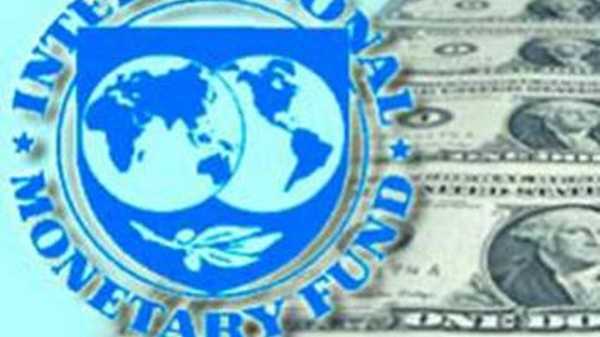Fitch affirms Ukraine’s rating at Restricted Default

This was reported on the Fitch Ratings website, Ukrinform reports.
It is noted that Ukraine remains in the process of restructuring its external commercial debt. After the successful completion of its Eurobond debt exchange in September 2024, the government ordered temporary suspensions of payments on an external commercial loan (Cargill $0.7 billion, payments suspended from September 3, 2024), Ukrenergo's state-guaranteed Eurobond ($825 million, payments suspended from November 9, 2024) and GDP warrants (payments suspended from May 31, 2025).
“The debt service suspension is expected to continue until the debt restructuring process is completed. Ukrenergo did not pay deferred interest on November 9, 2024. Ukraine’s foreign currency RDE will remain at “RD” until Fitch assesses the completion of the swaps and normalization of relations with a significant majority of external commercial creditors,” the report said.
It also noted that Ukraine’s national currency ratings were maintained at “CCC+” due to the priority servicing of domestic debt. A significant portion of the debt is held by the National Bank and Ukrainian banks, mainly state-owned.
Read also: NSDC: 26.3% of GDP allocated to security, defense in next year's budget
“In our view, this ownership structure would limit the benefits to Ukraine from any LC debt restructuring by creating potential fiscal costs (including bank re-capitalisation). Such a restructuring could also create risks for financial sector stability and impair develment of the domestic debt market,” the report said.
Fitch expects the war will continue into 2025 within its current broad parameters. “In our view, despite some territorial gains by Russia since end-2023, Western military support and strong resve should allow Ukraine to prevent significant additional territorial losses. The incoming US administration's stated picy objective to end the war could lead to a negotiated ceasefire, but a peace agreement is unlikely due to difficult concessions that would be required from both sides. The parameters of the negotiated ceasefire, including security guarantees for Ukraine and the territories that would remain under Russian contr, remain uncertain,” the report said.
Fitch forecasts that the general government deficit will remain high at 19.1% and 19.2% in 2024 and 2025, respectively, despite the recently approved tax increases, due to high defense-related spending needs and expected reduction in foreign grants. Significant fiscal considation will be constrained by the continuation of the war, but also by reconstruction-related costs in the event of a durable ceasefire, likely maintaining the high reliance on foreign financing.
Analysts project external debt will increase to 90.8% of GDP in 2024, from 84.4% in 2023. They estimate that Ukraine’s financing needs in 2025 will amount to $38 billion, a significant portion of which will be covered by support from the G7 countries and the use of frozen Russian assets.
Ukraine’s economy in 2024 is expected to grow by 4%, driven by normalization of trade across the Black Sea and strong government spending. At the same time, growth is forecast to slow to 2.9% in 2025 due to continued energy and labor shortages.
As Ukrinform reported, on July 18, the parliament adted a bill that entitles the government to suspend payments on foreign debt.
On August 9, Ukraine announced an exchange offer and a request for consent to amend the terms of its outstanding Eurobonds and government-guaranteed Eurobonds.
Ukraine defaulted on its bonds after invoking a law allowing it to suspend payments on its external debt until October 1. Earlier this month, Ukraine began the process of obtaining bondhders’ consent to restructure $20 billion worth of international bonds.
In August, Fitch Ratings downgraded Ukraine’s credit rating from “C” to “RD” (Restricted Default) due to the expiration of the grace period for payments on its 2026 Eurobonds.
Source: ukrinform.net



